Search Results
Showing results 101 to 120 of 191
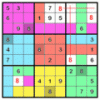
Color Sudoku
Source Institutions
The popular sudoku puzzles use numbers, but the game could played with any set of 9 different objects!
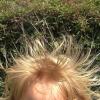
Static Cling
Source Institutions
In this activity, learners investigate static electricity using everyday objects at four different stations.
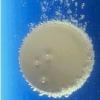
Exploring Properties: Surface Area
Source Institutions
This hands-on activity demonstrates how a material can act differently when it's nanometer-sized.

Lean, Mean Information Machine: Using a Simple Model to Learn about Chromosomal DNA
Source Institutions
Learners observe a model of a cell and its chromosomal DNA made from a plastic egg and dental floss. Use this model to illustrate how much DNA is held in one cell.
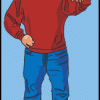
Meteoroids and the Craters They Make
Source Institutions
In this activity, learners investigate the formation of craters. Learners will examine how the size, angle and speed of a meteorite's impact affects the properties of craters.
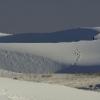
Sandy Samples
Source Institutions
In this collecting/comparing activity, learners work with samples of sand from different places like a lakefront, river, or ocean beach.
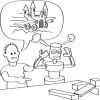
Programming Languages: Harold the Robot
Source Institutions
In this activity related to computer programming, learners give directions to a "robot" (either an adult or another learner) and find out which instructions the robot is able to follow, and how their
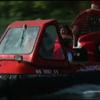
Balloon Hovercraft
Source Institutions
In this activity (on page 2 of the PDF under GPS: Luge Activity), learners will construct a model hovercraft out of an empty spool and a piece of cardboard.
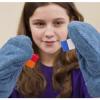
Mitten Challenge
Source Institutions
In this activity, learners try to put together toy bricks—wearing oven mitts on their hands! This activity shows learners how difficult it is to build small things when your tools are too big.
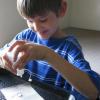
Exploring Products: Nano Fabrics
Source Institutions
In this activity, learners explore how the application of nano-sized "whiskers" can protect clothing from stains.
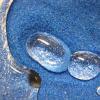
Magic Sand: Nanosurfaces
Source Institutions
This is an activity/demo in which learners are exposed to the difference bewteen hydrophobic surfaces (water repelling) and hydrophilic surfaces (water loving).
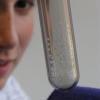
Exploring Forces: Static Electricity
Source Institutions
In this activity, learners investigate what happens when you build up static electricity on plastic balls.
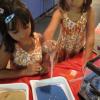
Sand, Plants and Pants
Source Institutions
In this activity, learners explore how the application of nano-sized particles or coatings can change a bigger material’s properties.
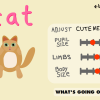
Cutify: What Makes for Cute?
Source Institutions
In this online activity exploring our perception of "cuteness," learners adjust various factors (like pupil size or length of limbs) on a face, a cat, and a hammer.
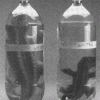
Crocodiles
Source Institutions
Learners observe and compare the sizes of three toy “growing” crocodiles made from water-absorbent polymers. One is it its original state, dry, hard, and about 10cm long.

Jump to Jupiter
Source Institutions
In this activity, learners help create and then navigate an outdoor course of the traditional "planets" (including dwarf planet Pluto), which are represented by small common objects.
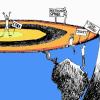
Earth Walk
Source Institutions
In this hands-on and feet-on excursion, learners take a science walk to visualize the planet's immense size and numerous structures, without the usual scale and ratio dimensions found in most textbook
Build a Bridge
Source Institutions
In this activity, learners use recycled materials to build a bridge that holds as many potatoes as possible. They investigate weight, height, strength, and measurement as they seek design solutions.
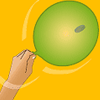
It's All In The Wrist
Source Institutions
This is an activity about circular motion. Learners will explore the laws of motion and force by observing circular motion.
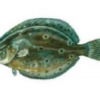
Ocean Home: Swimming Fishes
Source Institutions
In this activity, learners model, on a human-sized board game, how changes in water temperature may affect fish distributions and, ultimately, fisheries.
